|
The first coronavirus known to infect humans was identified in the mid-1960s. Today we know of seven coronaviruses that infect humans. One – SARS-CoV-2 – is turning the world upside down. A lot of hope was initially pinned on existing drugs to defeat this globe-trotting pathogen, but early clinical trial results of many of these, including hydroxychloroquine, have yielded disappointing results. So how about finding a safe, effective vaccine? Well, we’ve known about this family of viruses for over half a century and no vaccines have been developed yet.
But Zania Stamataki, a viral immunologist, believes we should be optimistic. And she gives several good reasons why.
|
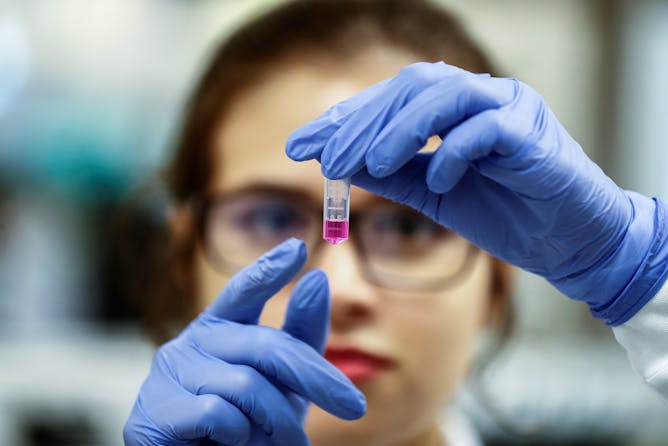
Brazilian scientist working on a vaccine at the Immunology laboratory of the Heart Institute (Incor) of the Faculty of Medicine of the University of Sao Paulo.
Sebastiao Moreira/EPA
Zania Stamataki, University of Birmingham
We don't have vaccines for the Sars, Mers or the common cold. But that doesn't mean scientists won't crack it this time.
|
Business + Economy
|
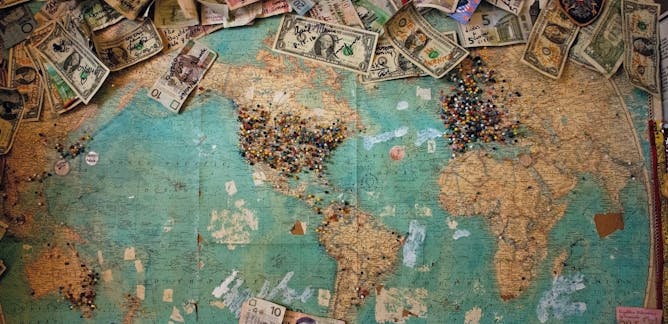
Jabulani Sikhakhane, The Conversation
A look at what various countries – from Indonesia and Argentina to Canada and the US – are doing.
| |
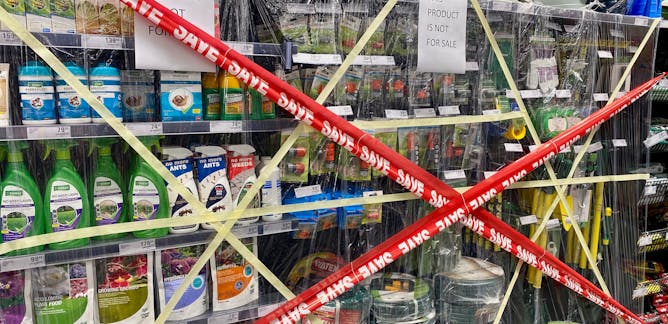
Imraan Valodia, University of the Witwatersrand; Alex van den Heever, University of the Witwatersrand; Lucy Allais, University of the Witwatersrand; Martin Veller, University of the Witwatersrand; Shabir Madhi, University of the Witwatersrand; Willem Daniel Francois Venter, University of the Witwatersrand
South Africa should base its COVID-19 mitigation strategy on the premise that the pandemic will last for two years unless a vaccine is developed before then.
|
|
|
Politics
|
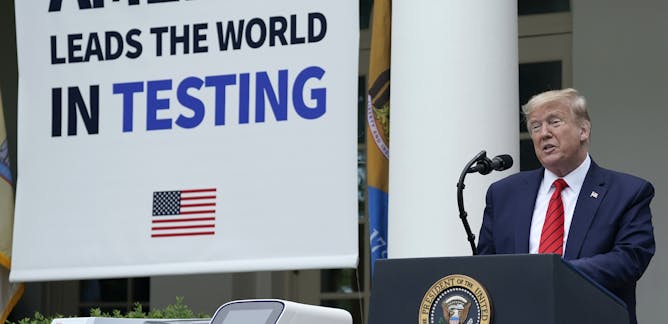
Steven Friedman, University of Johannesburg
Some of the worst health performers in recent weeks have been ‘First World’.
| |

Maurice Stierl, University of Warwick
Migrants have been left to die in the Mediterranean as Italy and Malta declared their harbours 'unsafe' in the middle of the coronavirus pandemic.
|
|
|
Environment
|

James Renwick, Te Herenga Waka — Victoria University of Wellington
Earth's has gone through major climate changes in the past. They happened on time scales of millions of years and triggered mass extinctions. Our emissions are changing the climate much faster.
| |
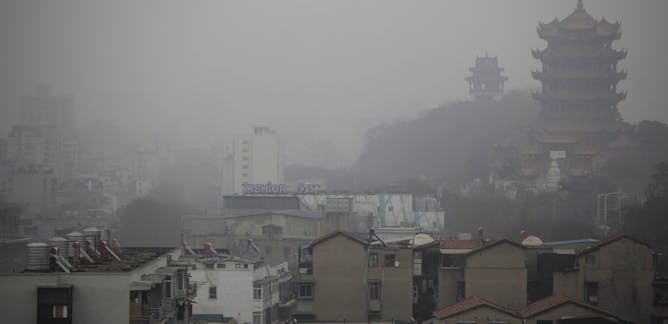
Matt Cole, University of Birmingham; Bowen Liu, University of Birmingham; Robert Elliott, University of Birmingham
The new data shows this drop in air pollution may have prevented up to 10,822 deaths in China as a whole.
|
|
|